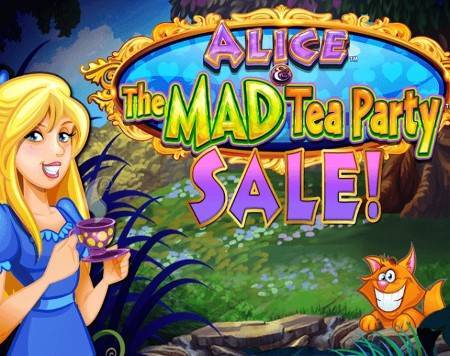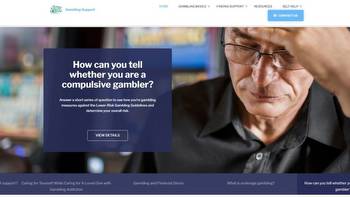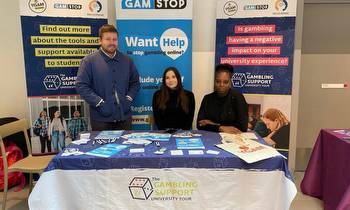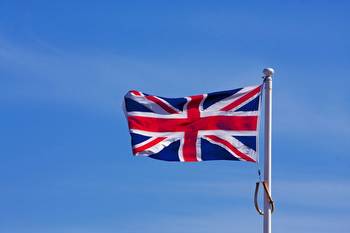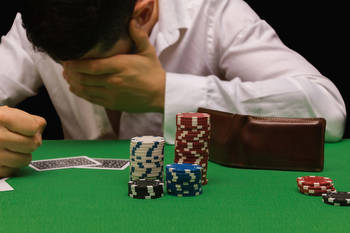Three New Global Gambling Guidelines Could Reduce Harm From Post-lockdown Gambling

Covid-19 has had a huge impact on gambling behaviour,with increased online gambling during lockdowns followed byspikes in venue gambling when lockdowns arelifted.
Now, three new global gambling guidelinescould help to answer the tricky questions about how muchgambling is safe and how can I tell if my gambling is aproblem before it gets serious?
In a project led bythe Canadian Centre on Substance Use and Addiction (CCSA),the lower-risk gambling guidelines were developed to providestraightforward quantitative limits for people of legalgambling age who want to make more informed choices abouttheir gambling.
To reduce the risk of experiencingharms from gambling, all three guidelines must befollowed:
· HOW MUCH? Gamble no more than onepercent of household income per month.
· HOWOFTEN? Gamble no more than four days permonth.
· HOW MANY? Gamble regularly on no more thantwo types of gambling or games.
Theseguidelines are the culmination of over five years’ workand collaboration with an international group of experts,including researchers at Auckland University of Technology(AUT).
AssociateProfessor Maria Bellringer, Director of the Gambling andAddictions Research Centre at AUT, says the lower-riskgambling guidelines will become an important component ofthe public health response to reduce the harms related togambling.
“The guidelines focus on what individualscan do to decrease their risk of gambling-related harms, butthere are environmental influences, such as gamblingaccessibility, promotion and regulation, that are alsocritical to reducing gambling harms,” shesays.
Selah Hart, CEO of Hāpai Te Hauora reiteratesthat whilst we do need to focus on whānau and thosesuffering from gambling addiction and related harmconsistently, there has to be more accountability put onthose who operate and regulate gamblingservices.
“Guidelines like this will only go so far,as long as gambling continues to be largely poorly regulatedin Aotearoa. The gambling industry and its regulating bodiesneed to be part of the solution moving forward rather thanleaving it to agencies like ours to pick up the pieces,”she says.
Lisa Campbell, National Operations Manager,The Salvation Army Oasis, says this is a timely release forharm minimisation guidelines as we know that many of ourclients experienced some relief from gambling harms whilevenues were closed over lockdown; but the risk escalateswhen life resumes back to normal routines.”
“Weare also concerned about the growth of online gambling asthis is often seen in addition to pokie and Lotto gamblingwhich raises the risk level,” she says.
AndreeFroude, Director of Communications at the Problem GamblingFoundation, says it’s important to remember that these areguidelines only and as with alcohol, limits are personal anddifferent types of gambling pose differentrisks.
“Gambling online, in casinos or pubs andclubs that offer fast paced games that encourage you to playfor longer, to spend more money and to play again and againare highly risky, whereas a single Lotto ticket purchase,for example, does not provide that addictive experience,”she says.
“The types of gambling that make it moredifficult to stick to the lower-risk gambling guidelinesinclude pokies, online casino games including slots, andInstant Kiwi scratchies.”
In addition to the threekey guidelines, further information on at-risk populationsand contextual factors have also been developed. Thesupporting information and collateral will need to beadapted for the New Zealand population.
For furtherinformation on the Lower-Risk Gambling Guidelines visit www.gamblingguidelines.ca







